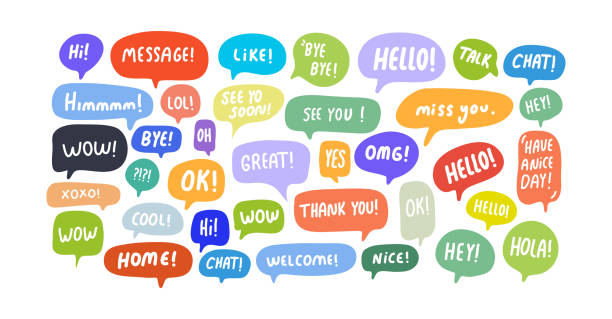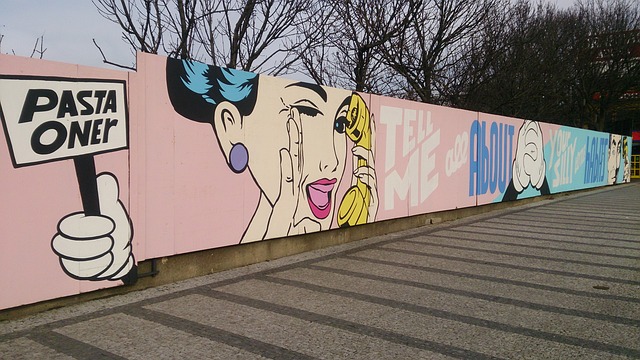Pop culture, short for popular culture, encompasses the set of ideas, practices, and phenomena that are widely accepted and enjoyed by a large segment of the population. It includes music, movies, television, fashion, and more. Pop culture plays a significant role in shaping societal norms, influencing trends, and reflecting the collective consciousness of a society. This article explores the impact of pop culture on society, its various facets, and its implications for individuals and communities.

The Power of Media and Entertainment
Media and entertainment are at the forefront of pop culture, and their influence on society is profound. Television shows, movies, and music have the power to shape public opinion, introduce new ideas, and create shared experiences. For example:
- Television and Film: Popular TV shows and movies often reflect and shape societal values and issues. Shows like Friends and The Office have not only entertained audiences but also influenced perceptions of relationships, work life, and social interactions. Similarly, films such as Black Panther have brought cultural narratives and social issues into the mainstream, fostering conversations about race, identity, and representation.
- Music: Music is a powerful medium for expressing emotions and cultural values. Genres such as rock, hip-hop, and pop have influenced fashion, language, and social attitudes. Artists like Beyoncé and Taylor Swift use their platforms to address social issues and advocate for change, impacting public discourse and inspiring activism.
Fashion and Trends
Fashion is a significant aspect of pop culture that reflects and influences societal trends. From haute couture to streetwear, fashion trends often start in popular culture and spread to everyday life. For example:
- Celebrity Influence: Celebrities and influencers play a crucial role in setting fashion trends. The styles and brands they endorse often become popular among the public. Social media platforms, such as Instagram and TikTok, amplify these trends, allowing for rapid dissemination and widespread adoption.
- Cultural Symbols: Fashion often incorporates cultural symbols and references, influencing how people perceive and relate to different cultures. For instance, the incorporation of traditional patterns or symbols into mainstream fashion can lead to greater cultural appreciation or, conversely, cultural appropriation debates.
Language and Communication
Pop culture has a notable impact on language and communication. Popular phrases, slang, and catchphrases often emerge from media and entertainment and become part of everyday language. For example:

- Catchphrases and Slang: Television shows, movies, and songs frequently introduce new phrases and slang that enter common usage. For instance, phrases like “Netflix and chill” or “YOLO” have become part of the vernacular, influencing how people communicate and express themselves.
- Language Evolution: Pop culture can also influence language evolution and the way people interact. The rise of digital communication platforms has led to the development of new forms of expression, such as emojis and memes, which shape how people convey emotions and ideas.
Social Issues and Activism
Pop culture often serves as a platform for addressing and raising awareness about social issues. Through various media, celebrities, and entertainment platforms, pop culture can highlight important causes and mobilize public support. For example:
- Advocacy and Awareness: Many celebrities use their platforms to advocate for social justice issues, such as climate change, racial equality, and mental health awareness. Campaigns like “Me Too” and “Black Lives Matter” have gained momentum through pop culture channels, leading to increased visibility and action on these issues.
- Representation and Diversity: The push for greater representation and diversity in media has brought attention to underrepresented communities and stories. Shows and films that feature diverse characters and perspectives contribute to a broader understanding of different cultures and experiences, fostering empathy and inclusivity.
The Impact on Consumer Behavior
Pop culture also influences consumer behavior, affecting how people make purchasing decisions and engage with brands. This influence can be seen in several ways:
- Brand Endorsements: Celebrity endorsements and product placements in media can significantly impact consumer preferences. When a popular figure endorses a product or brand, it often leads to increased consumer interest and sales.
- Marketing Strategies: Marketers leverage pop culture trends to create campaigns that resonate with audiences. By incorporating current trends, memes, or celebrity endorsements, brands can connect with consumers on a more personal level and drive engagement.
Challenges and Criticisms
While pop culture has many positive influences, it also faces criticism and challenges:
- Commercialization and Homogenization: The commercialization of pop culture can lead to the homogenization of content, where unique cultural expressions are diluted for mass appeal. This can result in a loss of diversity and authenticity in cultural products.
- Impact on Mental Health: Constant exposure to idealized images and lifestyles in pop culture can impact mental health, particularly among young people. Issues such as body image concerns and unrealistic expectations can result from the portrayal of perfection in media and entertainment.
- Cultural Appropriation: The adoption of elements from one culture by another, especially when done without proper understanding or respect, can lead to accusations of cultural appropriation. This can create tensions and undermine the significance of cultural practices and symbols.

Conclusion
The influence of pop culture on society is both profound and multifaceted. It shapes trends, influences language, drives consumer behavior, and addresses social issues, reflecting and molding the collective consciousness of communities. As pop culture continues to evolve, it will undoubtedly play a crucial role in shaping societal norms and values. Understanding this influence allows individuals and communities to engage with pop culture more critically and meaningfully, fostering a deeper appreciation of its impact on our lives.

